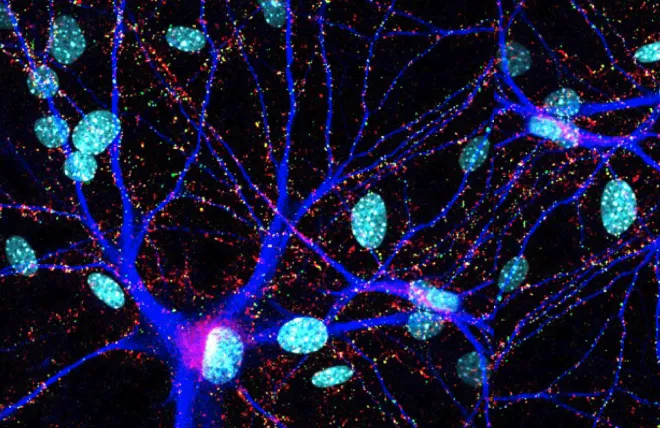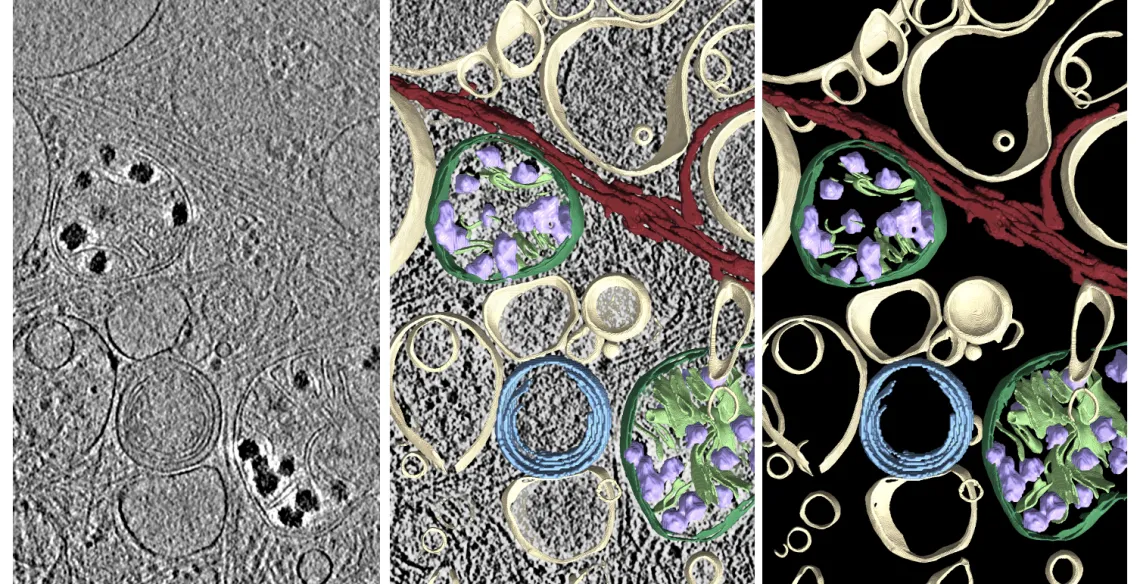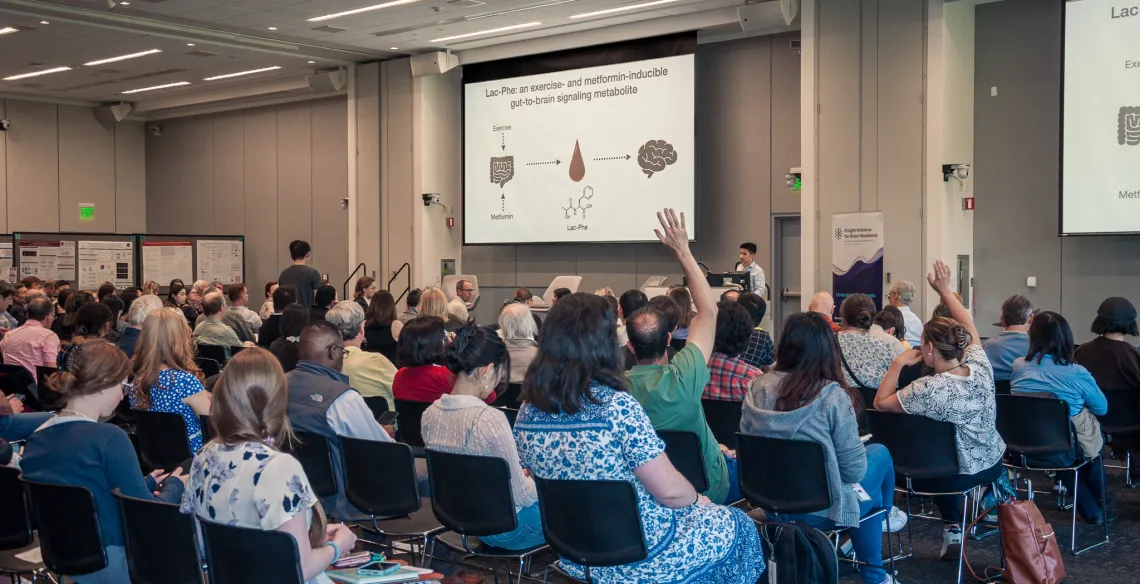Time often takes a toll on cognitive abilities after midlife, leading to memory loss and, in many cases, the development of dementia. By the end of the decade, it’s estimated that 50 million people worldwide will suffer from Alzheimer’s-type dementia simply because modern medicine is extending life expectancy. Alongside Alzheimer’s, increasing numbers are affected by Parkinson’s, frontotemporal dementia, vascular dementia, and amyotrophic lateral sclerosis (ALS—"Lou Gehrig’s disease").
While many of us have witnessed the effects of these diseases firsthand, there is hope. Approximiately one in 10,000 people in wealthier nations live to 100 years old with their cognitive abilities intact. Many more continue into their nineties with healthy brain function, and some individuals with a genetic predisposition to dementia even manage to avoid its onset.
What if we could replicate these individuals' brain resilience or even reverse brain aging entirely?
The Knight Initiative for Brain Resilience is pursuing these questions with the goal of fundamentally shifting our understanding of the brain's potential for resilience against aging and neurodegeneration—with the ultimate aim of keeping the brain healthy long into what we now consider old age.







